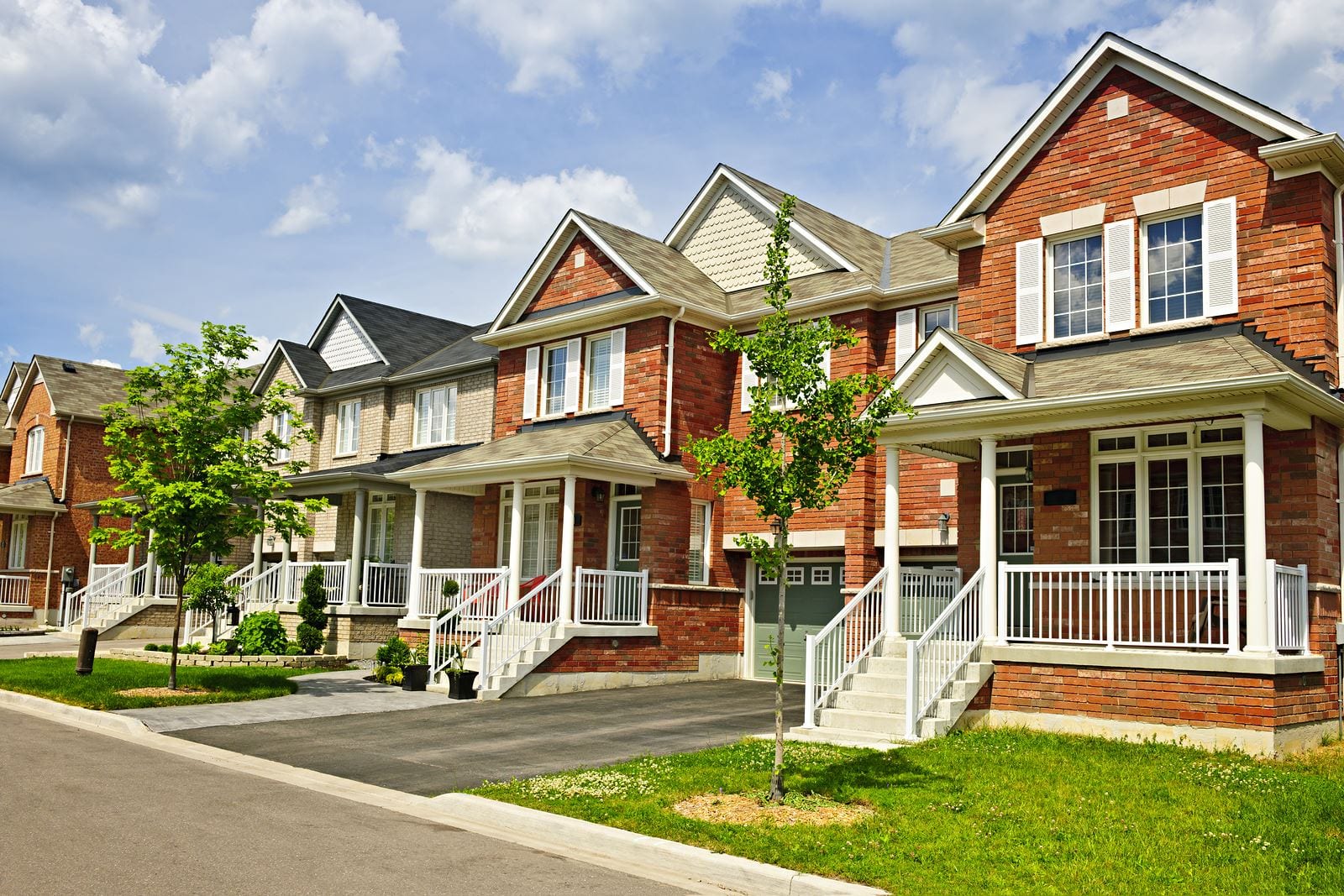Commercial Real Estate is a type of property used for business purposes, such as retail, office, or industrial spaces. It can be owned, leased, or rented by businesses, organizations, or individuals to conduct their operations. In this article, we will explore the basics of Commercial RealEstate, including its types, benefits, and challenges.
Types of Commercial Real Estate
There are several types of Commercial RealEstate properties. Some of the most common ones include
Office Buildings: These are buildings that are primarily used for conducting business operations. They can range from small single-story buildings to skyscrapers that can house thousands of employees.
Retail Properties: These are properties used for selling goods and services to the public. They can include shopping centers, malls, and standalone stores.
Industrial Properties: These are properties used for manufacturing, warehousing, distribution, and research and development purposes.
Multifamily Properties: These are properties that have multiple housing units, such as apartments or condominiums, and are used for residential purposes.

Benefits of Commercial Real Estate
Investing in Commercial RealEstate can provide several benefits, such as:
Steady Income: Commercial RealEstate investments can provide a steady stream of rental income, which can be used for further investments or other business ventures.
Appreciation: Over time, Commercial RealEstate can appreciate in value, providing a higher return on investment.
Diversification: Investing in Commercial RealEstate can provide diversification in an investment portfolio, reducing the overall risk of the portfolio.
Challenges of Commercial RealEstate
Investing in Commercial RealEstate can also come with challenges, such as:
Higher Costs: Commercial RealEstate investments can require a significant amount of capital to acquire and maintain.
Vacancies: The Commercial RealEstate market can be cyclical, with periods of high vacancy rates, which can affect rental income and property values.
Market Volatility: Changes in the economy and market conditions can affect the value of
Commercial RealEstate investments, making it a riskier investment than some other asset classes.
In addition to the types of Commercial RealEstate and benefits and challenges of investing in them, it is also important to understand the factors that can affect their value. Some of these factors include:
Location: The location of a commercial property is crucial in determining its value. Properties in prime locations with easy access to transportation and amenities are often more valuable than those in less desirable areas.
Tenant Quality: The quality of tenants can also affect the value of a commercial property. Properties leased to reputable, financially stable tenants are often considered more valuable than those leased to less reliable tenants.
Lease Terms: The terms of a lease can also impact the value of a commercial property. Longer leases with stable rental income are often more valuable than shorter, more volatile leases.
Condition of the Property: The physical condition of a commercial property is also important in determining its value. Well-maintained properties with modern amenities are often more valuable than older, outdated properties.
Overall, Commercial RealEstate can be a lucrative investment for those who understand its complexities and risks. It is important to conduct thorough research and due diligence before making any investment decisions in this asset class.

One important aspect of investing in Commercial RealEstate is financing. Investors may choose to finance their investments through traditional sources such as banks or through alternative sources such as private equity or crowdfunding. It is important to carefully consider the terms and conditions of any financing options to ensure they align with your investment goals and risk tolerance.
Another important consideration is property management. Depending on the size and complexity of the investment, investors may choose to manage the property themselves or hire a professional property management company. Property management responsibilities can include tenant relations, rent collection, maintenance and repairs, and marketing and leasing.
In recent years, technology has also played an increasingly important role in Commercial RealEstate. Innovations such as virtual property tours, smart building technologies, and data analytics have made it easier for investors to research and manage their properties.
Finally, it is important to stay up-to-date on market trends and regulatory changes that can impact the Commercial RealEstate industry. Economic factors such as interest rates, inflation, and unemployment can all affect the value of commercial properties, as can changes in zoning laws, tax codes, and environmental regulations.
Another important factor to consider when investing in Commercial RealEstate is the legal and regulatory environment. Commercial RealEstate transactions involve complex legal documents and contracts that require the expertise of lawyers and other professionals. Investors must also be aware of zoning laws, building codes, environmental regulations, and other local, state, and federal regulations that can affect the use and value of commercial properties.
Additionally, investors must consider the potential risks associated with investing in Commercial RealEstate, such as tenant defaults, property damage, and lawsuits. One way to mitigate these risks is through insurance, such as liability insurance, property insurance, and rental income insurance.
Investors must also consider their investment objectives and risk tolerance when choosing their investment strategy. Some investors may choose to invest in a single property, while others may choose to invest in a portfolio of properties to diversify their risk. Others may choose to invest in real estate investment trusts (REITs) or other investment vehicles that provide exposure to the Commercial RealEstate market without the risks and responsibilities of direct ownership.
Overall, investing in Commercial RealEstate requires careful research, analysis, and risk management. By understanding the legal and regulatory environment, market trends, financing options, property management strategies, and risk factors, investors can make informed decisions that align with their investment objectives and risk tolerance.
In conclusion, Commercial Real Estate can be a complex and rewarding investment opportunity for those who are willing to put in the time and effort to understand its nuances. By carefully researching and analyzing market trends, financing options, and property management strategies, investors can make informed decisions that align with their investment goals and risk tolerance.
















